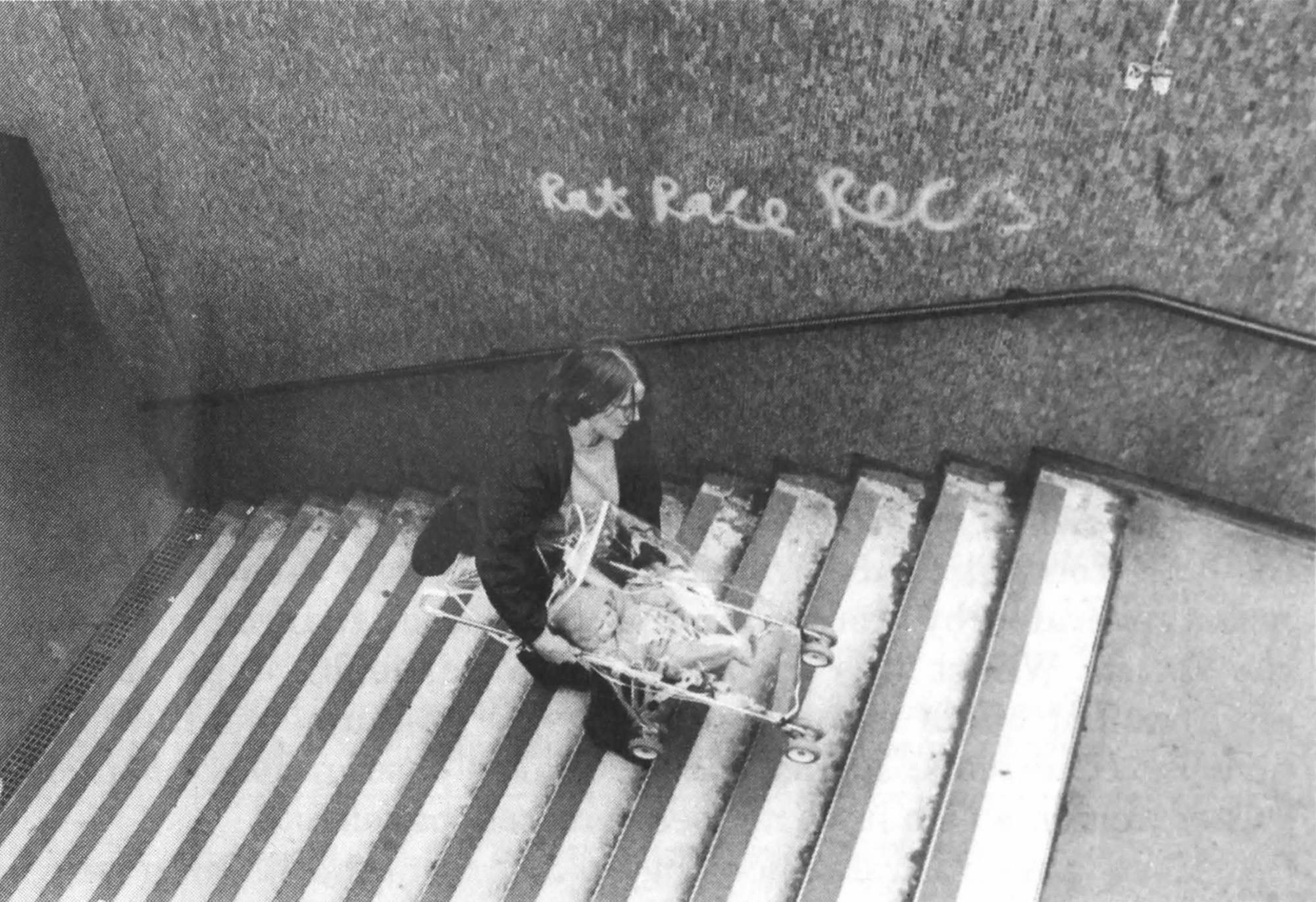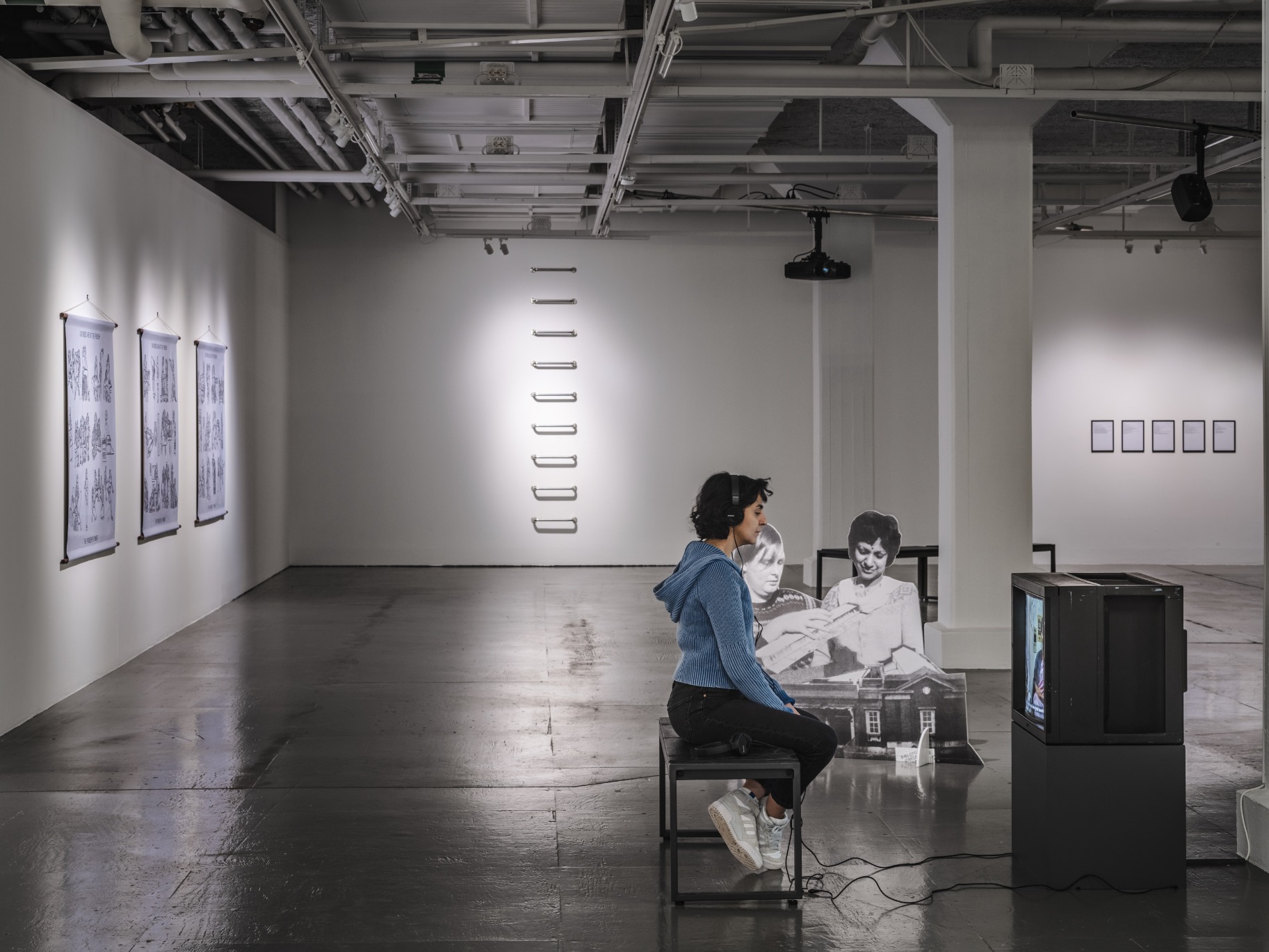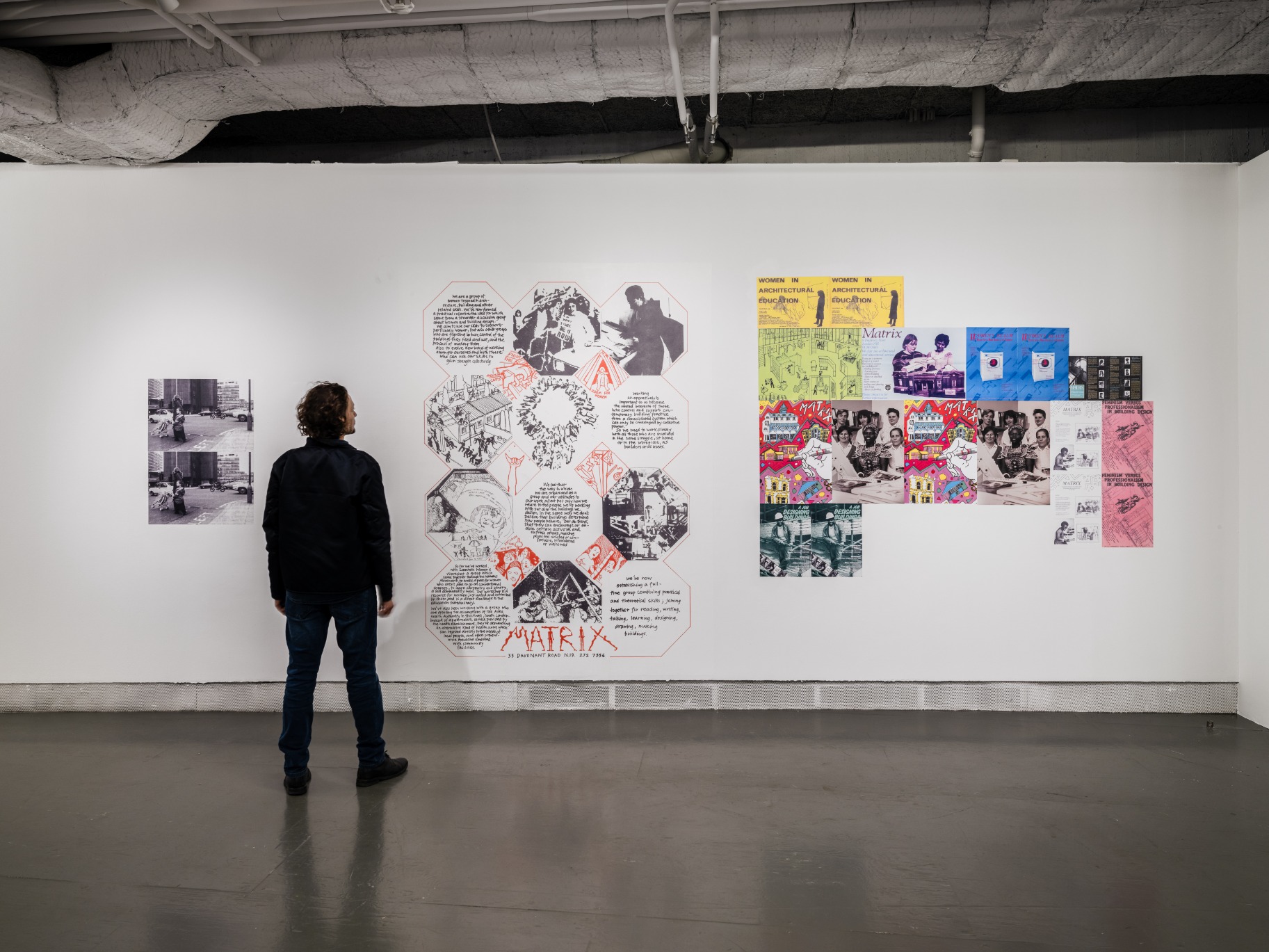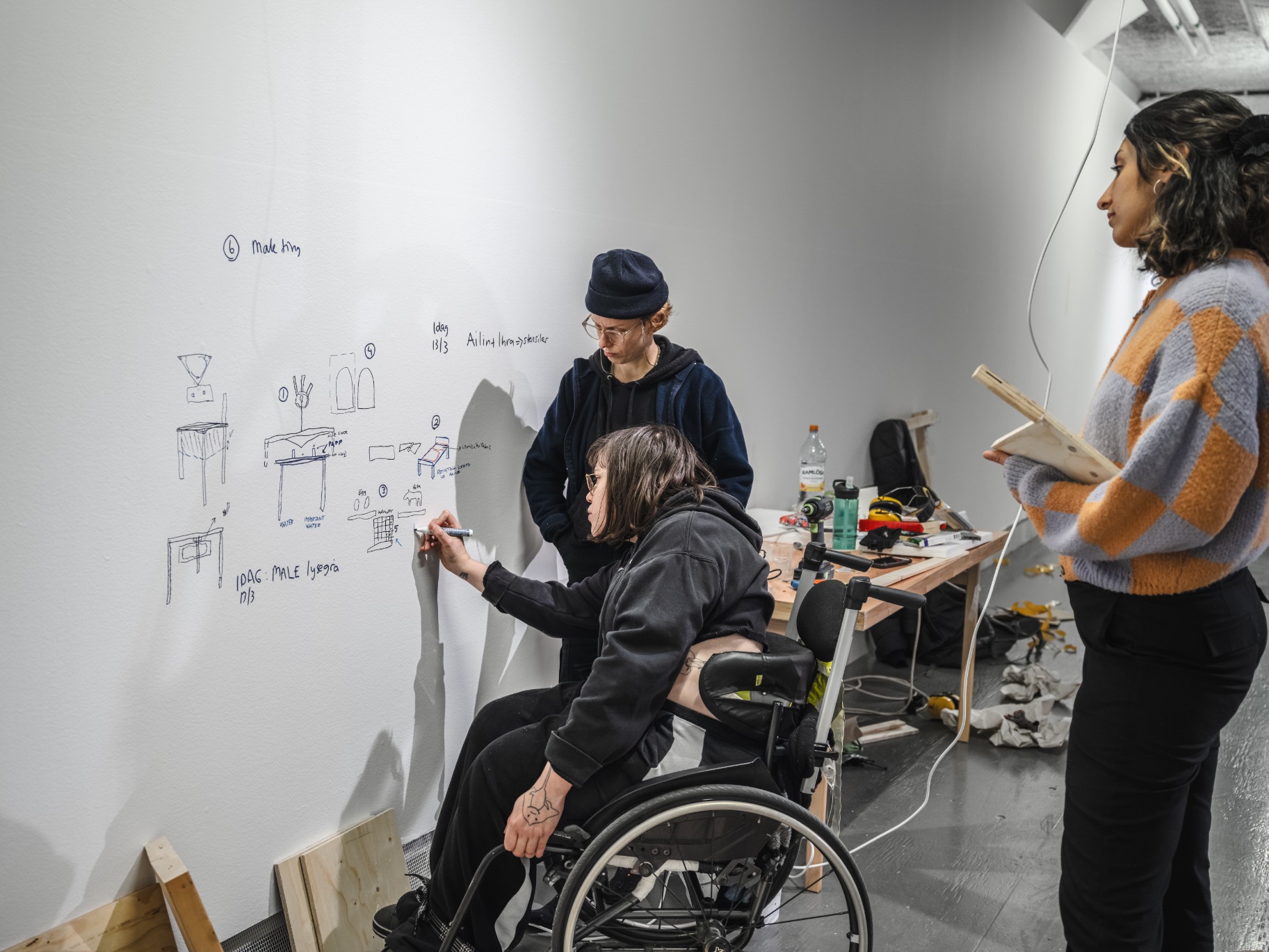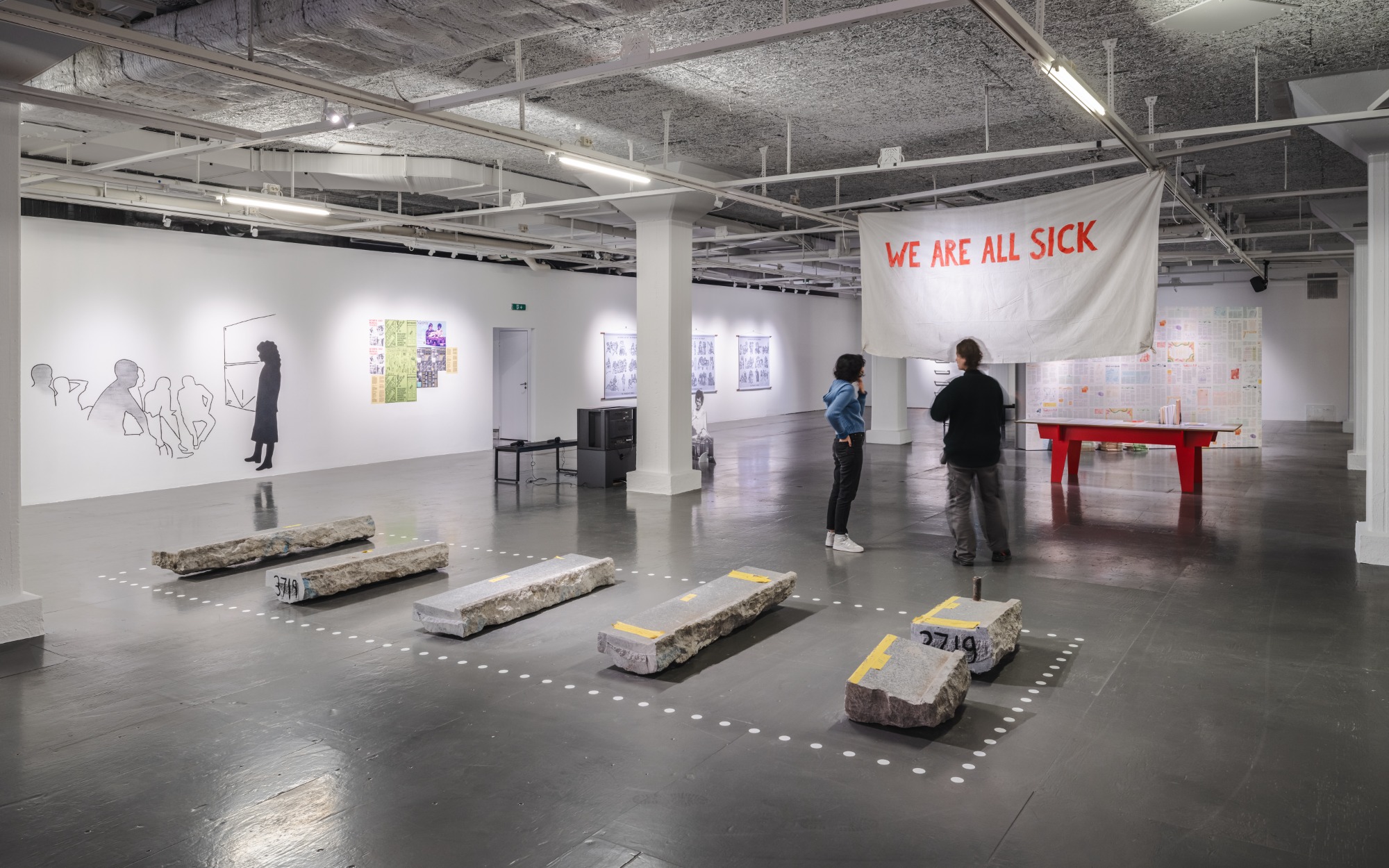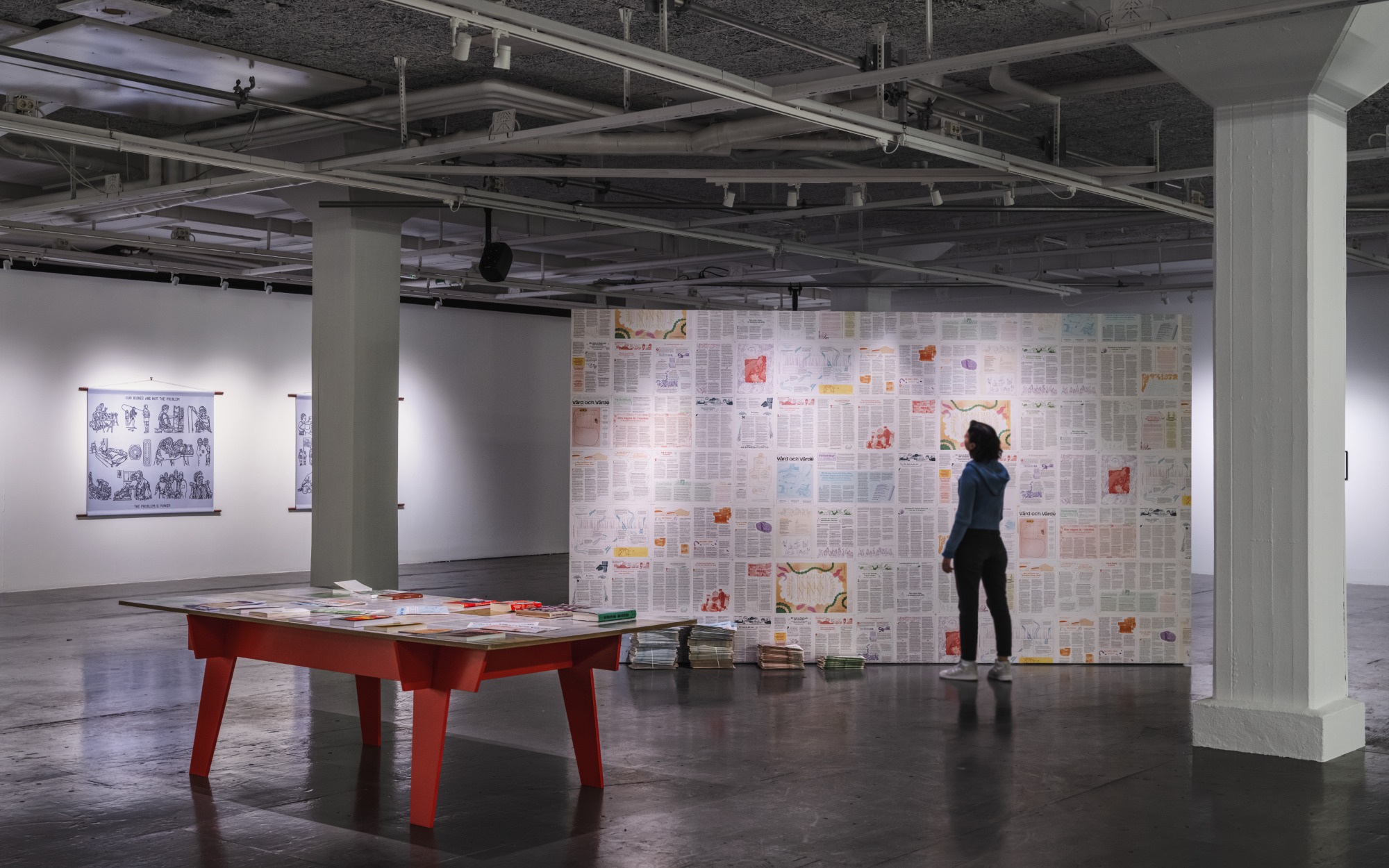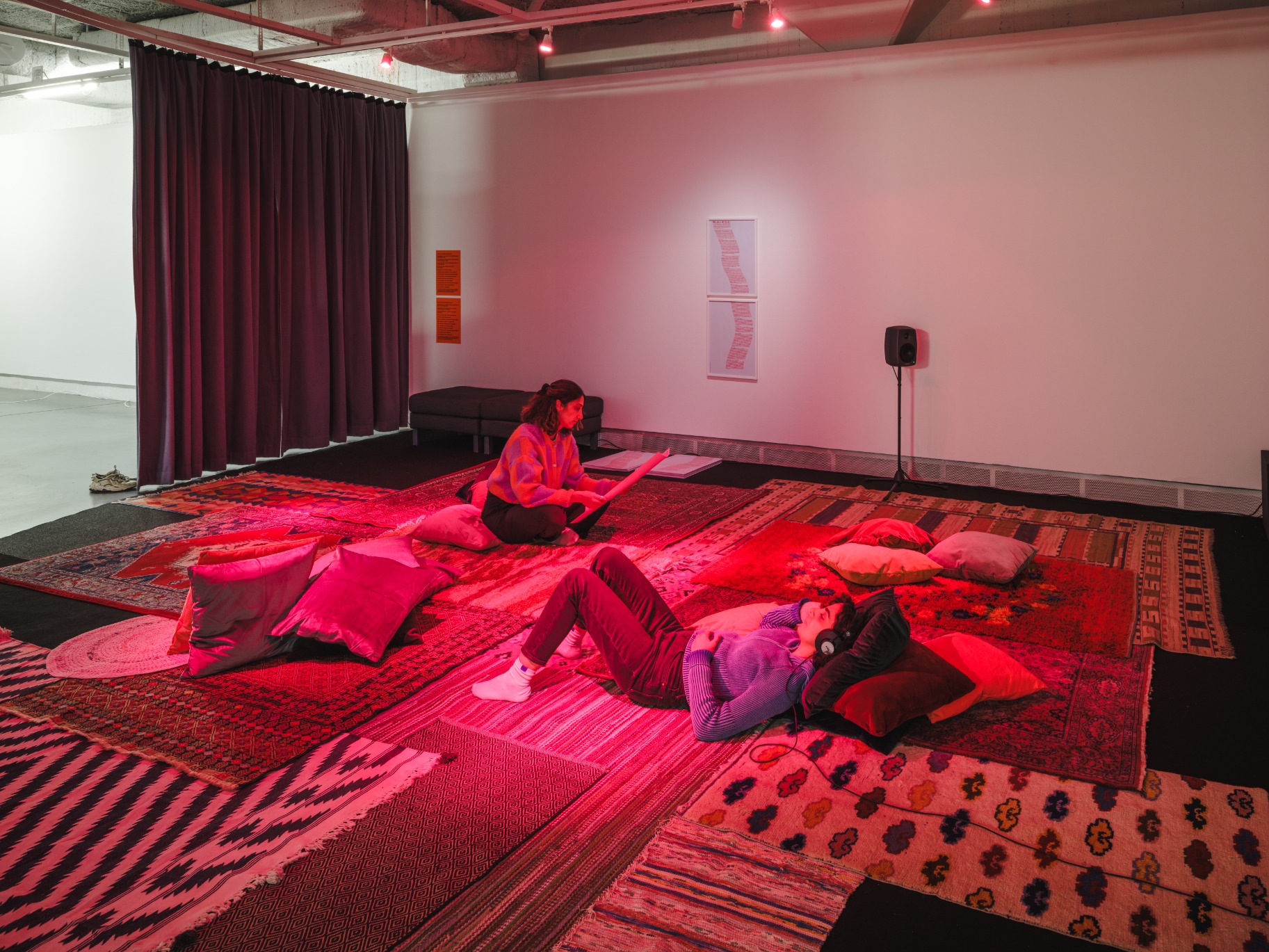They asked: who is the public space designed for? Extending this line of thinking, the artists and groups in the exhibition challenge the often hidden ‘norms’ of our society, by pointing to some of the disabling barriers that can block access to the public sphere for many, as well as the structural causes of chronic ill health and how they relate to different forms of discrimination. Many of the artworks explore how experiences of vulnerability and dependence allow us to question the high value that our society places on qualities such as self-sufficiency and productivity. How can we change our approach to time, and develop creative new models for mutual care and community?
Curator: Olivia Plender in collaboration with Cecilia Widenheim, Tensta konsthall.
The exhibition is produced with generous support from Jos Boys and Anne Thorne / Matrix, Barbro Osher Pro Suecia Foundation and the Embassy of Canada to Sweden.
We are arranging a series of activities in connection to the exhibition, you will find more information below and on social media. We also have a school program that you can find here.
Image: Matrix founding member Anne Thorne carries a pram up the steps of a subway in Aldgate, East London from ‘Urban Obstacle Courses’ in Making Space: Women and the Man-Made Environment (Pluto Press, 1984). Photo: Liz Millen
Learn more about Chronos: health, access and intimacy by downloading the pdf to the right.
Chronos: health, access and intimacy
Participating artists: Jessie Bullivant, Cecilia Germain, Melanie Gilligan, Goldin+Senneby, Jakob Jakobsen, Matrix Feminist Design Co-operative, Park McArthur, Olivia Plender, Ihra Lill Scharning, Vård och värde, and Constantina Zavitsanos.
14.3—1.9 2024
Whose body standards have shaped the society in which we live? And what can we learn from the disability rights struggles that demand access to the city and the built environment?
The exhibition takes its point of departure in the architectural practice of Matrix Feminist Design Co-operative—a British group of architects—who in the 1980s and 90s attempted to lay bare the assumptions built into the environments we inhabit.
Read more ↓
The exhibition takes its point of departure in the architectural practice of Matrix Feminist Design Co-operative—a British group of architects—who in the 1980s and 90s attempted to lay bare the assumptions built into the environments we inhabit.
Read more ↓
On until
1.9 2024Opens
14.3 2024
1.9 2024Opens
14.3 2024
Exhibition is open
Campus Tensta, Hagstråket 11
16.6–15.8 Mon–Fri 12.00–16.00
The Art Porch at Taxingeplan / Tensta konsthall
Tuesday, wednesday, thursday 13.00–16.00
Free entrance
Campus Tensta, Hagstråket 11
16.6–15.8 Mon–Fri 12.00–16.00
The Art Porch at Taxingeplan / Tensta konsthall
Tuesday, wednesday, thursday 13.00–16.00
Free entrance
